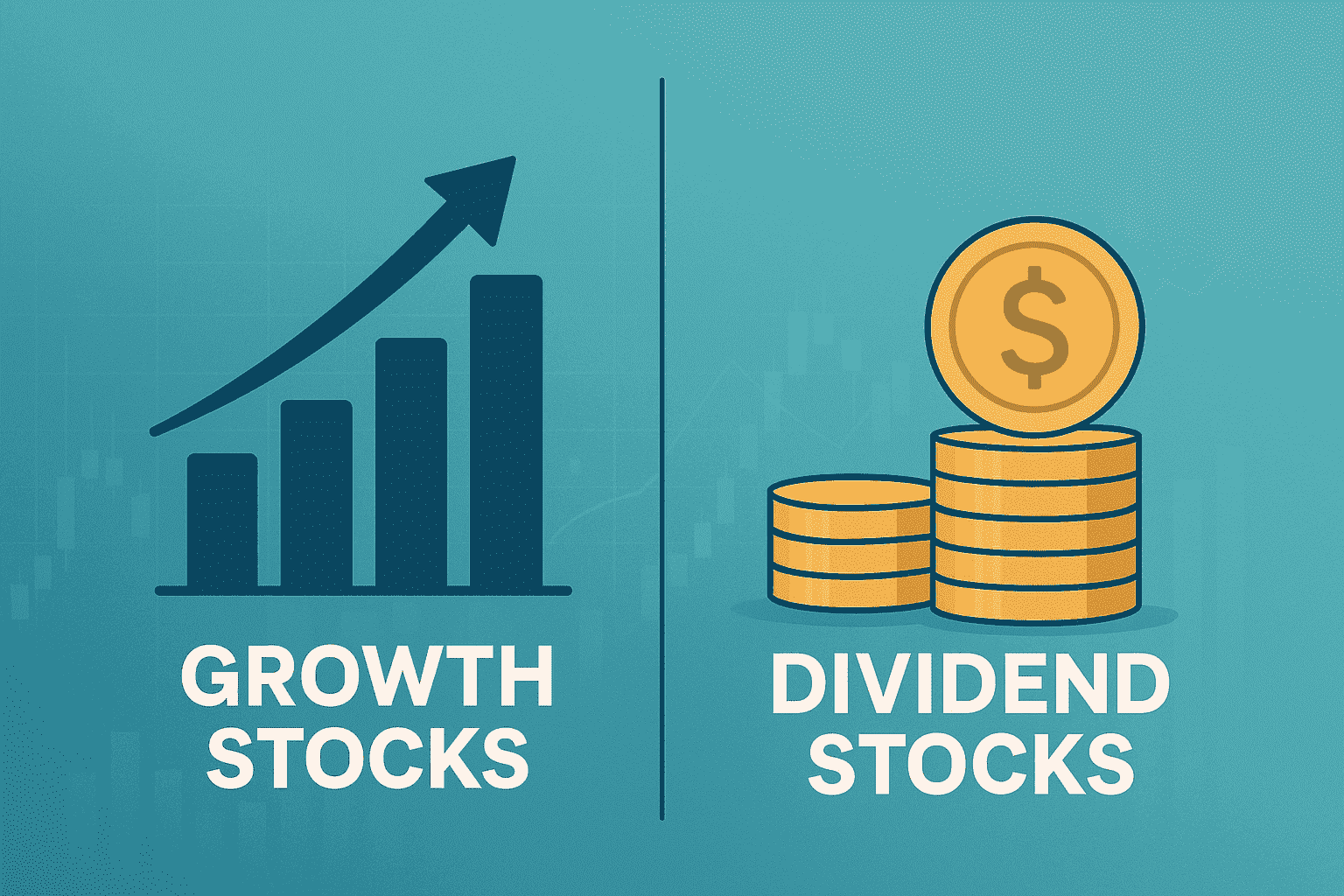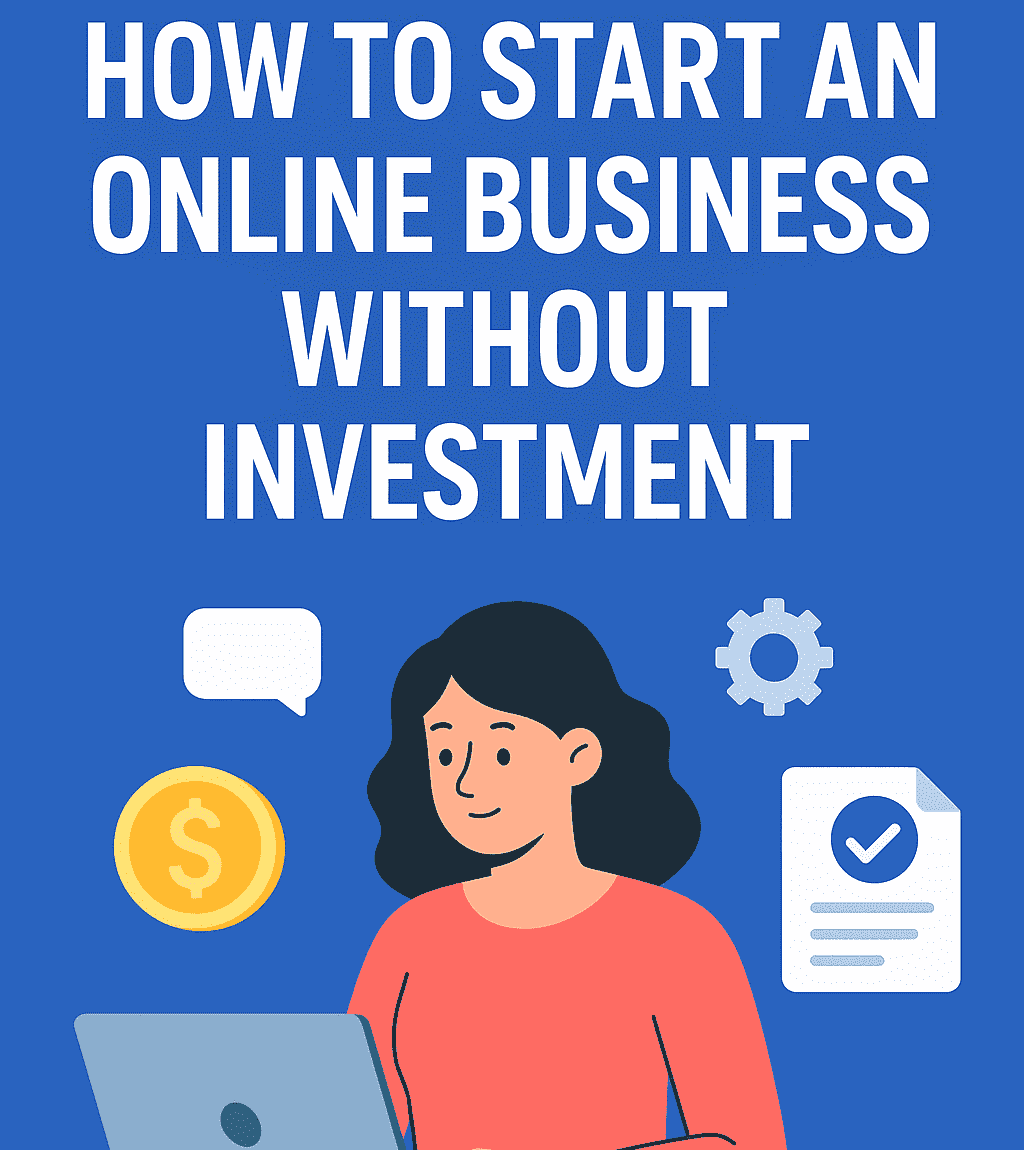In the bustling town of Guildford, where quaint cobblestone streets meet modern architecture, residents often face the common nuisance of blocked drains. A blocked drain can disrupt daily life, lead to unpleasant odors, and even cause structural damage if left unattended. Fortunately, there are professional services available in Guildford that specialize in resolving such issues with expertise and precision.
Understanding Blocked Drains in Guildford
Blocked drains can be caused by a variety of factors, including the accumulation of grease, soap scum, hair, food waste, and even tree roots infiltrating the pipes. When faced with a blocked drain in your Guildford home, it’s crucial to address the issue promptly to prevent further damage and inconvenience.
Topic: “Decoding the Culprits: What Causes Blocked Drains in Guildford”
In this blog post, we delve into the common culprits behind blocked drains Guildford, shedding light on how everyday activities can unknowingly contribute to drainage issues. From the improper disposal of cooking oils to the impact of landscaping choices on drainage live slot online, understanding the root causes can help residents take proactive steps to prevent blockages.
Topic: “DIY vs. Professional Help: Navigating Solutions for Blocked Drains in Guildford”
When facing a blocked drain, residents in Guildford often find themselves at a crossroads: Should they attempt a DIY solution or seek professional assistance? This blog post explores the pros and cons of both approaches, offering insights into when it’s best to roll up your sleeves and when it’s time to call in the experts.
Introducing CCTV Drain Surveys in Guildford
In addition to dealing with existing blockages, residents in Guildford can benefit from proactive measures such as CCTV drain surveys. These surveys utilize cutting-edge technology to inspect the condition of drainage systems, identify potential issues before they escalate, and provide accurate insights for targeted maintenance.
Conclusion: Navigating Drainage Challenges in Guildford
In Guildford, the harmonious blend of historical charm and modern amenities creates a vibrant community that deserves to thrive without the hindrance of blocked drains. By raising awareness about common causes of blockages, offering guidance on DIY solutions versus professional assistance, and advocating for the proactive use of CCTV drain surveys guildford, residents can take control of their drainage systems and ensure the smooth flow of daily life.
Remember, when faced with drainage woes in Guildford, you’re not alone—reliable services specializing in unblocking drains and conducting CCTV surveys are just a call away, ready to restore the flow and functionality of your plumbing. Invest in the health of your home’s drainage system, and reap the rewards of a smoothly running household in the heart of Guildford.















Leave a Reply